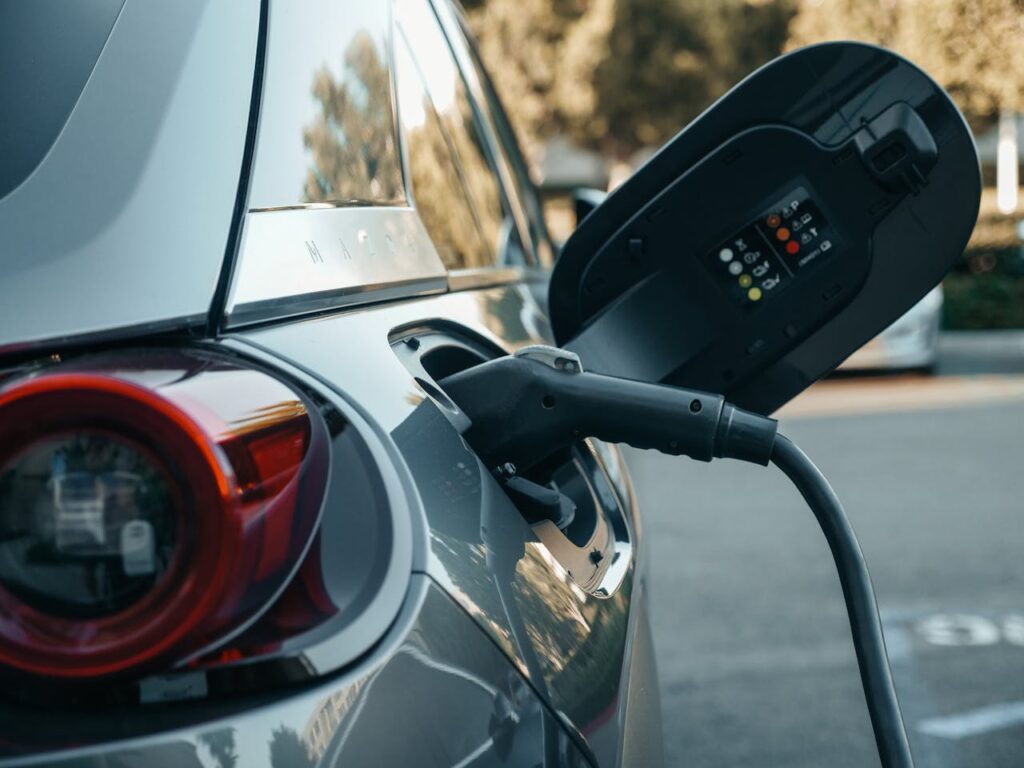Lithium-ion batteries power everything from mobile phones to electric vehicles. However, their production and disposal come with significant environmental implications.
Understanding these impacts can help in mitigating negative consequences and promoting sustainable practices.
Environmental Hazards Surrounding Lithium-Ion Batteries
Lithium-ion batteries are composed of several hazardous materials, including lithium salts, cobalt, and nickel. These substances can pose environmental risks if not managed properly.
During the battery’s life cycle, the risk of leakage or contamination can occur, especially in scenarios of improper disposal. Landfilled batteries can release toxic substances into the environment, leading to soil and water contamination.
The extraction of raw materials for battery production also often involves significant environmental degradation, including habitat destruction and pollution. This can affect local ecosystems and communities adversely.
What Is The Environmental Footprint Of Lithium-Ion Batteries?
The environmental footprint of lithium batteries encompasses resource extraction, manufacturing, usage, and disposal phases. Extracting lithium, cobalt, and other minerals requires significant amounts of water and can release harmful chemicals into local waterways.
The manufacturing process is energy-intensive, contributing to carbon emissions unless renewable energy sources are used. While in use, lithium-ion batteries themselves do not emit CO2, but their overall carbon footprint depends heavily on the energy sources used during the production stages.
At the end of their life, if not recycled, these batteries contribute to electronic waste, which is a growing environmental concern. Recycling lithium-ion batteries can mitigate these effects by recovering valuable materials and reducing the demand for virgin resources.
What Are The Environmental Benefits Of Lithium-Ion Batteries?
Lithium-ion batteries play a crucial role in reducing greenhouse gas emissions when used in electric vehicles (EVs) and hybrid cars. By replacing gasoline and diesel engines, which emit CO2 and other harmful pollutants, EVs significantly lower air pollution and contribute to a decrease in urban smog and greenhouse gas emissions.
Lithium-ion batteries are also highly efficient, with charge efficiency of around 99%. This high-efficiency results in less energy waste during the charging and discharging processes compared to other types of batteries, leading to better energy conservation.
These batteries also have a longer lifespan compared to many traditional battery technologies. They can handle hundreds to thousands of cycles before their capacity falls below usable levels. This durability reduces the frequency of battery replacements and, consequently, the environmental impact associated with the production, transportation, and disposal of additional batteries.


